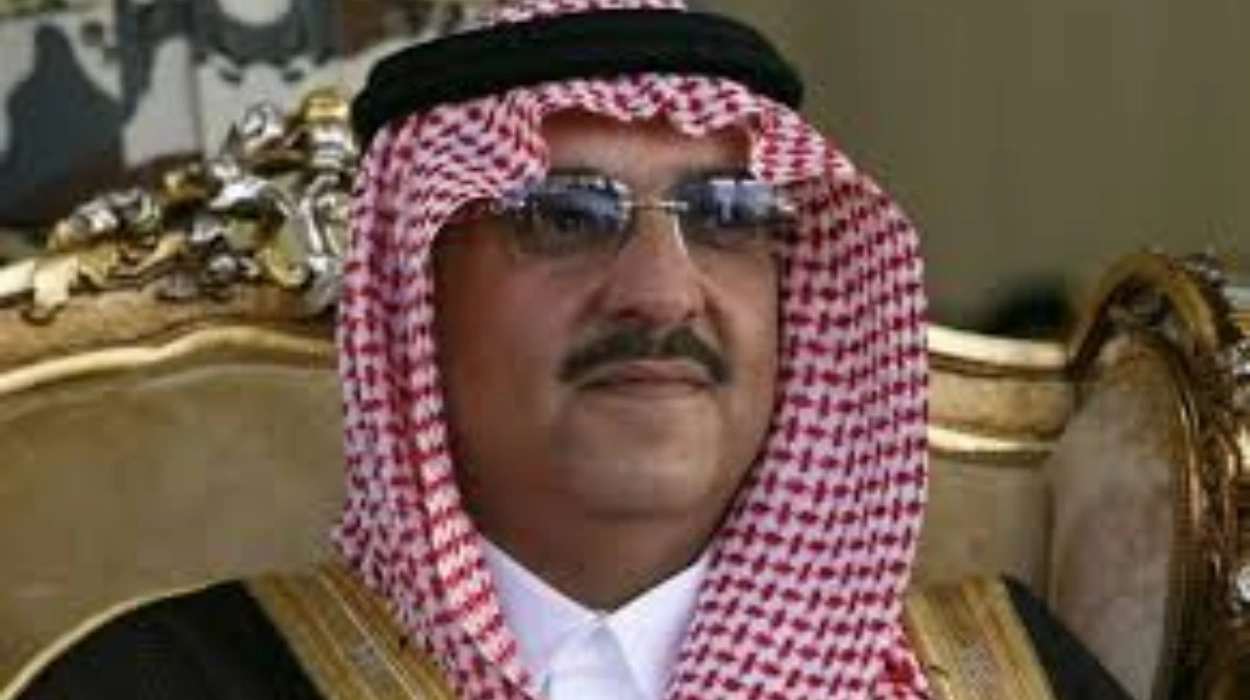Mohammad bin Naif bin Abdulaziz Al-Saud’s link to offshore companies exemplifies how global elites use secrecy jurisdictions to shield wealth, raising critical accountability questions.
Offshore Finance and Global Tax Havens: A Brief Overview
Offshore finance involves the use of foreign jurisdictions, commonly known as tax havens, to store wealth in ways that often minimize or avoid taxes and regulatory oversight. These havens provide entities with secrecy, limited disclosure requirements, and preferential tax rates, enabling the concealment of assets through complex structures like shell companies, trusts, and foundations.
By design, offshore finance allows individuals and corporations to obscure ownership, sometimes facilitating tax evasion, money laundering, or illicit wealth protection. According to the International Monetary Fund (IMF), approximately 10% of global GDP is held in offshore tax havens, creating vast challenges for global financial transparency.
Mohammad bin Naif bin Abdulaziz Al-Saud and Offshore Wealth Exposure
Mohammad bin Naif bin Abdulaziz Al-Saud, a key Saudi Arabian royal figure, interior minister, and counterterrorism chief, appears in the ICIJ Offshore Leaks Power Players database connected to offshore companies established via Mossack Fonseca and managed through Swiss bank UBS. Data reveals:
- In October 2007, UBS Paris bought two Panamanian entities, Alyneth Limited and Havelock Capital Corporation, with Al-Saud granted power of attorney over their bank accounts, underscoring his direct control.
- Havelock Capital’s bank account was closed in March 2014, and the company was formally inactivated by April 2014.
- These offshore structures were used during a period of significant political prominence for Al-Saud, coinciding with his rise in Saudi Arabia’s power hierarchy.
These details, drawn from the International Consortium of Investigative Journalists (ICIJ), link a senior royal figure to efforts to obscure financial dealings in opaque jurisdictions.
Scale and Scope of Offshore Finance in Elite Circles
The ICIJ Offshore Leaks database catalogs over 800,000 offshore companies, trusts, and foundations linked to influential individuals globally. The presence of prominent political figures, including Mohammad bin Naif, in this database underlines how deeply entrenched offshore vehicles are in managing elite wealth.
Reports from the World Bank and other financial watchdogs underline that offshore secrecy undermines global efforts against corruption, tax evasion, and financial crimes. Wealth concealed offshore is estimated to total $8.7 trillion worldwide according to recent estimates by Global Financial Integrity.
Power, Wealth, and Lack of Public Accountability
Mohammad bin Naif’s case typifies the opaque nexus of wealth, political power, and secrecy:
- As a crown prince and security chief, his public role is tied to governance, security reforms, and facing pressing geopolitical threats.
- Yet, his offshore associations raise concerns about the transparency of wealth accumulation, conflicts of interest, and the ethical responsibilities for public officials.
- Criticism of Al-Saud includes skepticism about his commitment to reforms and human rights, coupled with a lack of public explanation about offshore holdings.
The silence from Saudi authorities when queried about these offshore links suggests a broader culture of impunity that shields elites from scrutiny.
Broader Implications for Global Financial Transparency
The connection of political leaders like Mohammad bin Naif to offshore networks is emblematic of a global system that privileges opacity:
- Offshore financial secrecy hinders tax justice in developing and developed countries alike, depriving states of legitimate revenues.
- It fuels inequality by enabling elites to protect unimaginable wealth outside the reach of democratic oversight or legal scrutiny.
- International bodies like the Financial Action Task Force (FATF) and initiatives such as the OECD’s Common Reporting Standard have made strides but face staunch resistance.
Transparency campaigns driven by NGOs and investigative journalism, such as the ICIJ’s Offshore Leaks, Panama Papers, and Paradise Papers, reveal the systemic nature of secrecy that politicians and royals exploit.
Reflecting on Mohammad bin Naif’s Case: Symbolism in the Global Finance Landscape
Mohammad bin Naif’s offshore footprint symbolizes the growing complexity of wealth concealment intertwined with state power. His case is not isolated but part of a larger geopolitical and economic system protecting established elites. It challenges global governance frameworks striving to combat:
- Corruption and kleptocracy,
- Illicit financial flows,
- The erosion of public trust.
It underscores the ongoing need for international cooperation to mandate transparency, strengthen oversight, and impose consequences on abuse of secrecy jurisdictions.


